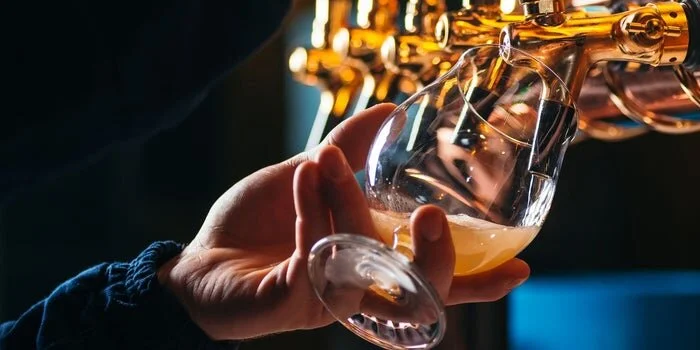While legalization in Canada is delayed until October 17th, 2018, Canadians are celebrating as micro-licenses are finally coming out, ushering in the second wave of legalization. These micro-licenses are revolutionary for the industry, including smaller cultivators and processors more able to adapt to local consumer demand. Additionally, black-market genetics will finally be regulated, opening up the global floodgates.
Health Canada announced multiple classes of licenses including: processing (micro and standard), producers (micro and standard), nurseries, industrial hemp, research, and analytical testing, in addition to medical sales licenses. The regulations and application guide to apply for new licenses are available by request from Health Canada and will be public online soon. Most notably, there will be no restrictions on how many licenses an individual can possess, opening the door to cannabis co-ops with decentralized diverse distribution systems. While current licensed producers face very few changes as they transition, there are a few game-changing regulations.















